

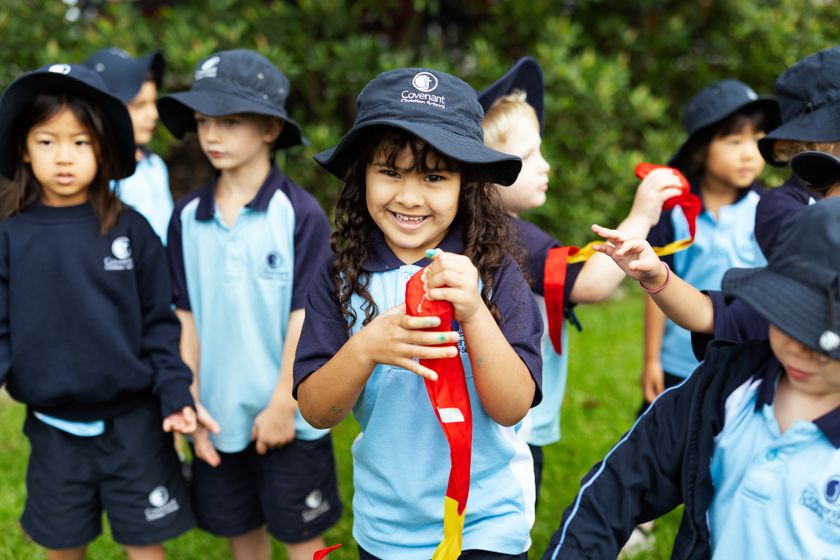
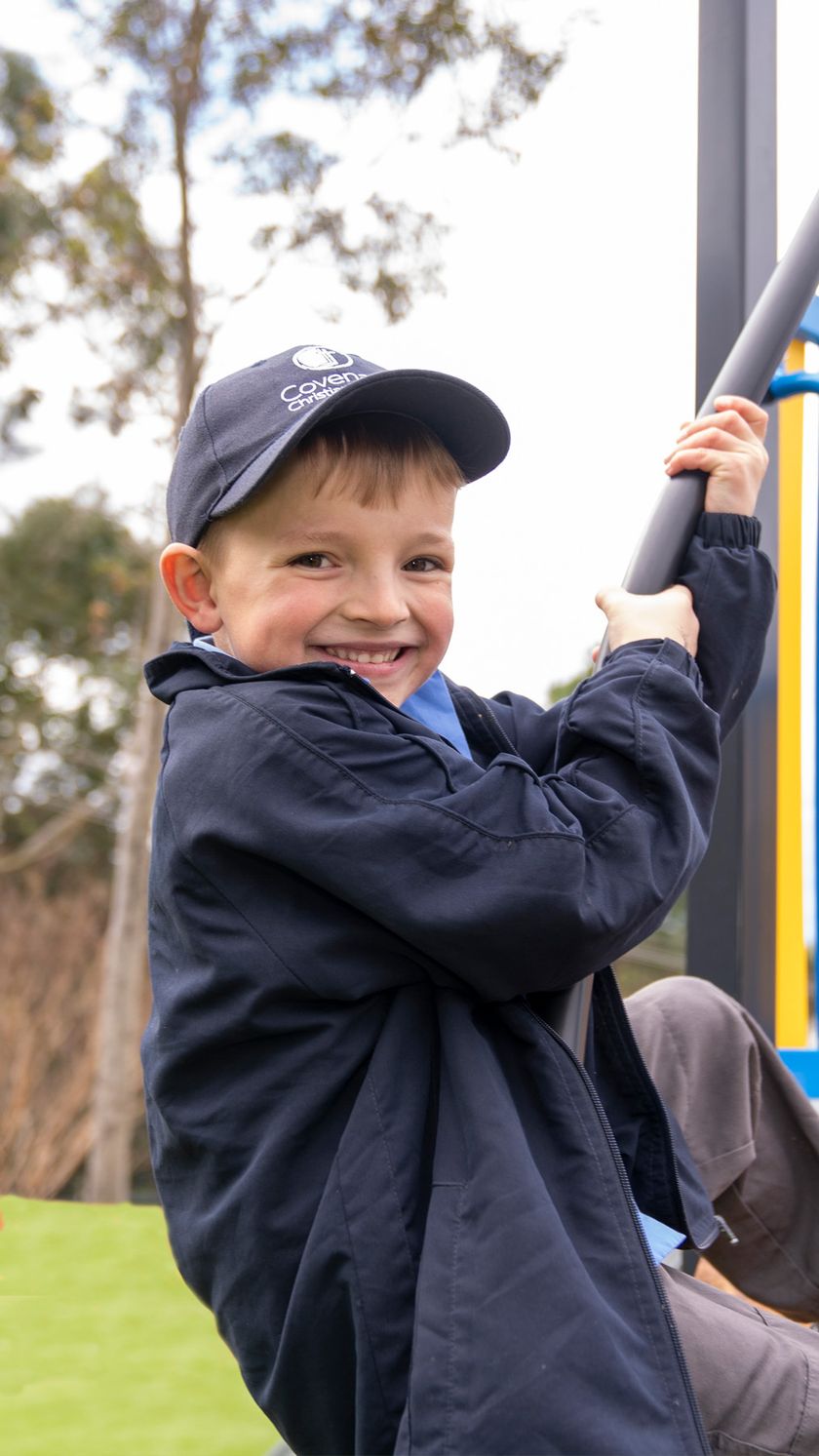
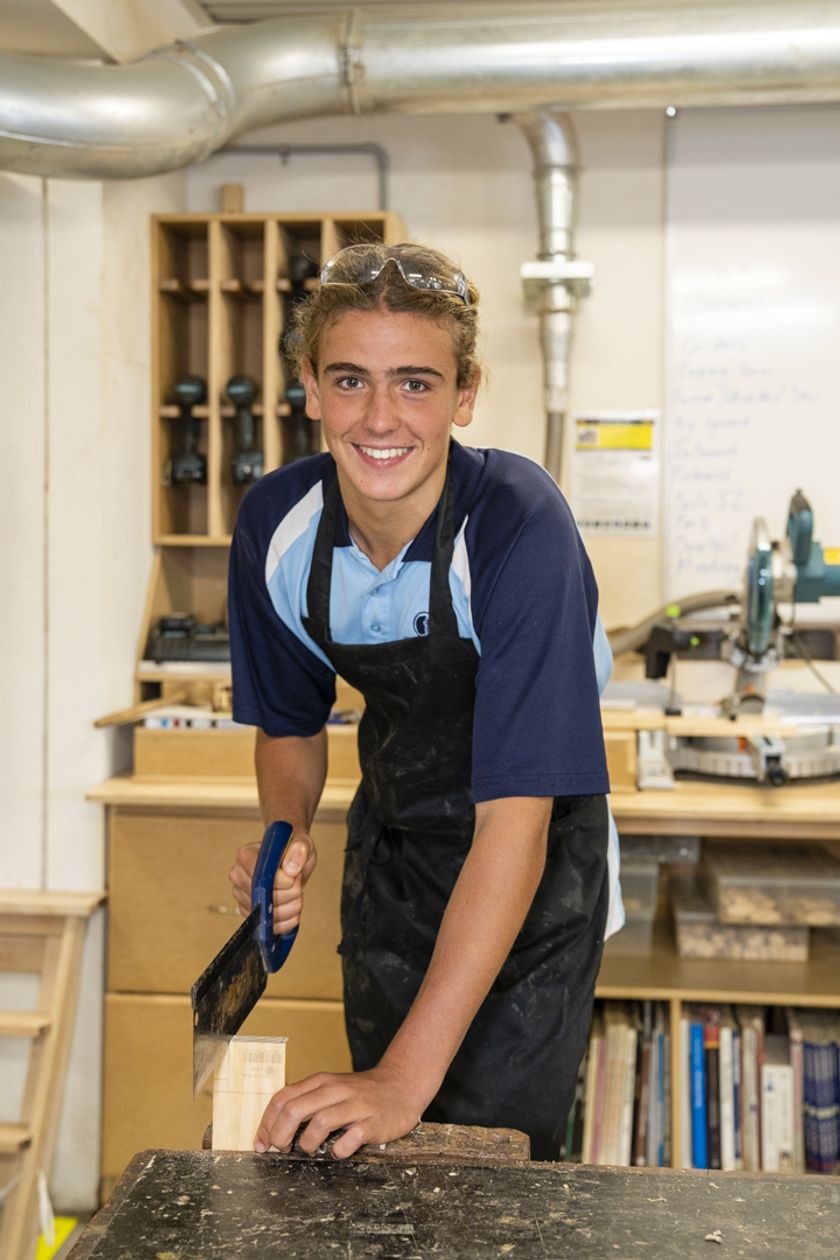
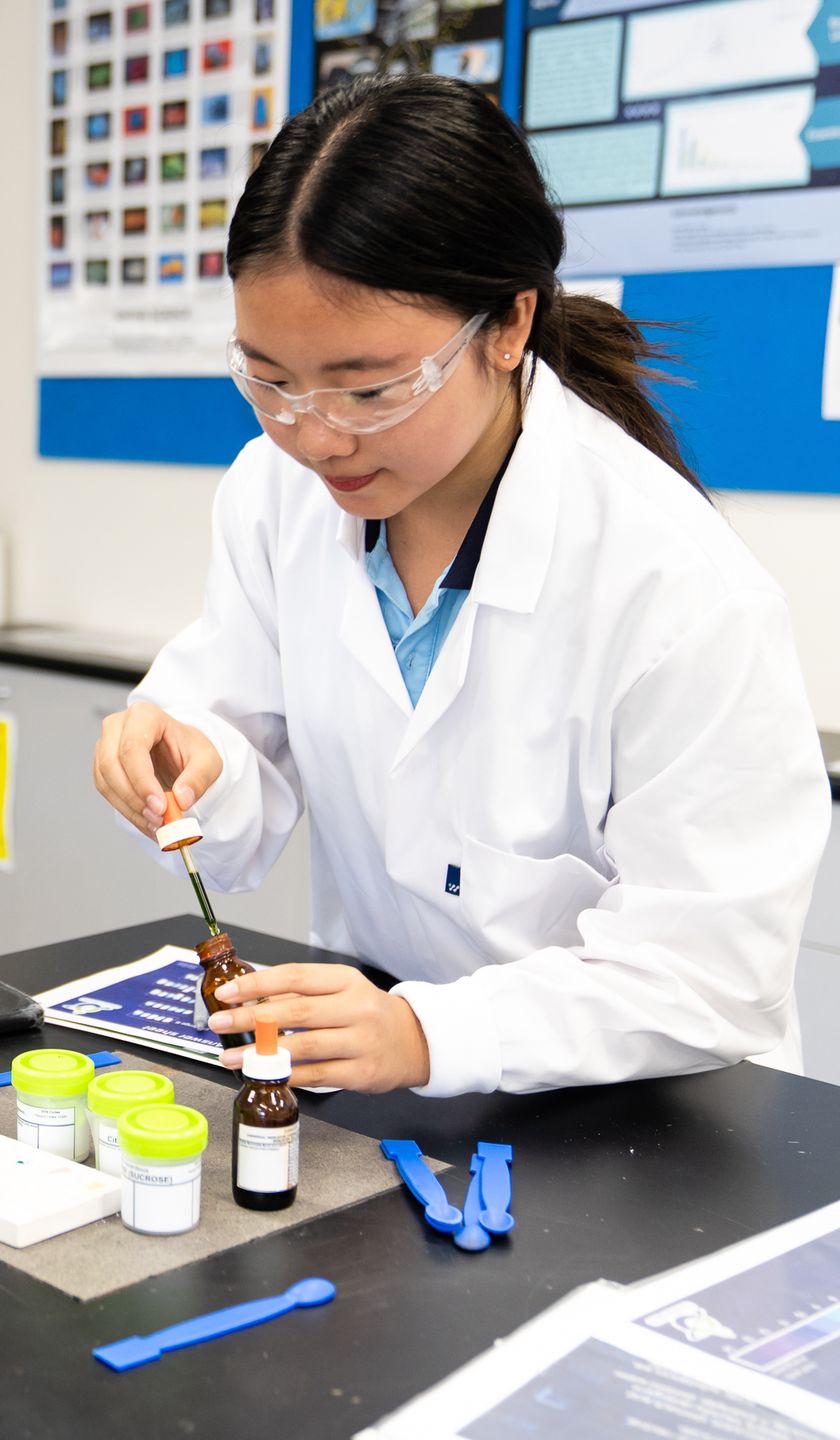
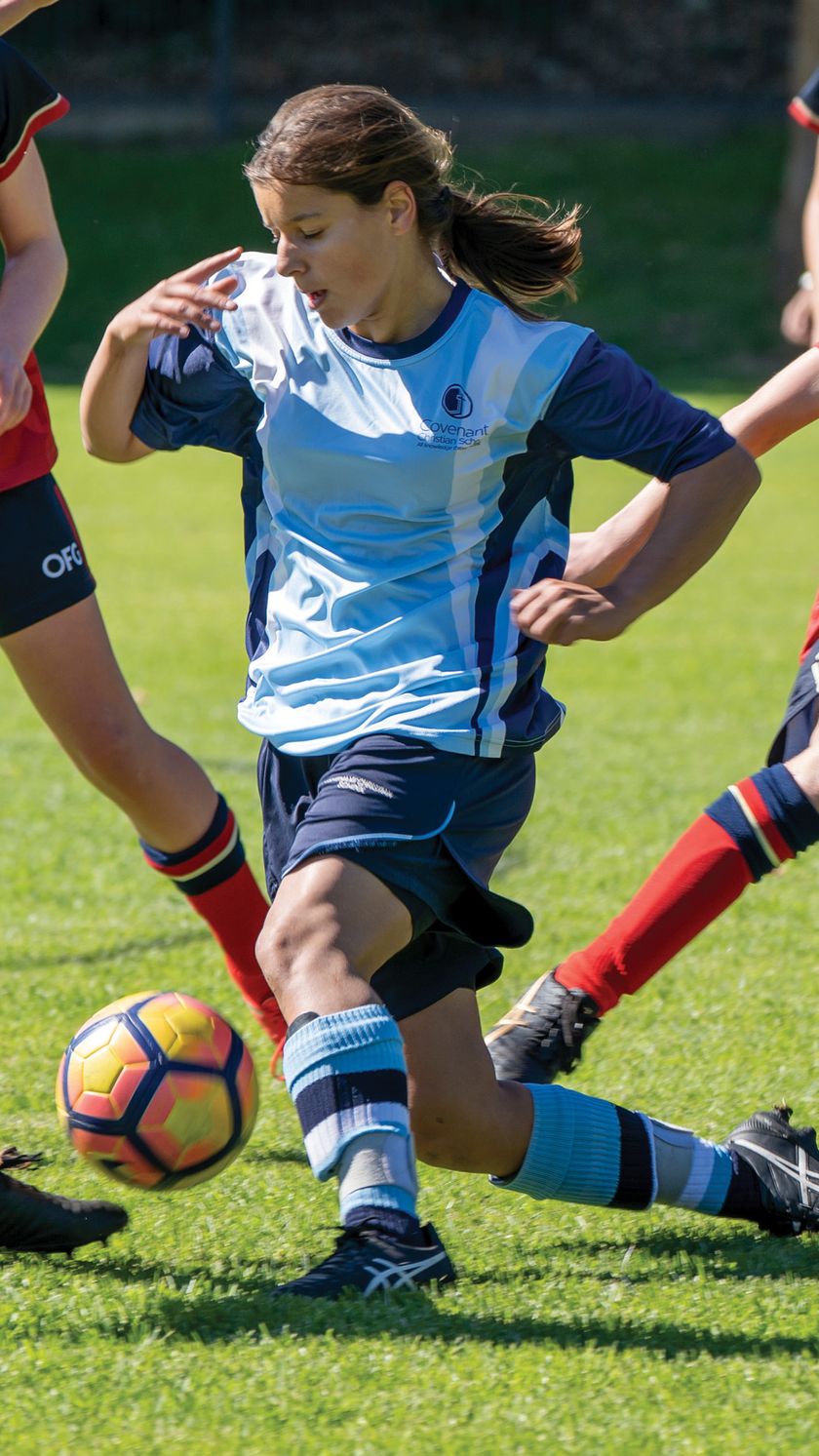
The study of Food Technology provides students with an opportunity to gain an understanding of food culture, technology and the principles of nutrition. It will enable them to make creative and effective decisions about food.
Students will develop knowledge and understanding about the production, processing and consumption of food, the nature of food and human nutrition, and an appreciation of the importance of food to health and its impact on society. Skills will be developed in researching, analysing and communicating food issues, food preparation, and the design implementation and evaluation of solutions to food situations. It involves students investigating food through practical, hands-on applications and processes.
Food technology is a fun and exciting unit of study for anyone who loves learning about food and how to cook it. It gives them the skills to design, select and cook ingredients to make delicious meals - a skill everyone needs throughout life.
We look at food from various perspectives and see how it impacts our lives.
Students will develop confidence and proficiency in their practical interactions with food. They will learn to explain wise food selection and prepare food safety and hygienically and make informed and healthy food choices. Students will learn to relate the nutritional value of foods to health and identify the factors that influence food habits.
Students will learn practical skills in preparing and presenting food that enable them to select and use appropriate ingredients, methods of cookery and equipment use.
The study of Food Technology provides students with a broad knowledge and understanding of food properties, processing, preparation and their interrelationships, nutritional considerations and consumption patterns. It also provides students with a context through which to explore the richness, pleasure and variety food adds to life.
Each unit comes with a wide variety and unique set of practical menus to cook from which will enhance skills and learning.
In Year 9 we have 4 lessons ŌĆō 2 are theory based and 2 are practical.
In Year 10 we have 3 lessons ŌĆō 1 is theory based and 2 are practical.
We cook a wide range of dishes - both savoury and sweet. We start with simple dishes and as your skill level develops, we cook more complex dishes. We cook a range of different foods from different cultures. We learn how to plate, style and photograph our cooked creations. We also cook for a variety of functions throughout the course to give students the experience of developing skills to cooking for an event. Their final cooking challenge will be designing, cooking and decorating a fondant covered Christmas cake.
Yes, in both Year 9 and 10 we have three assessment tasks ŌĆō one for each unit of study. The assessment tasks have both written and practical sections to them -you will answer food-based questions about the topic and then design, create and produce a dish that you can cook at school. You will also have practical cooking tests throughout the course.
Yes. The study of Food Technology will incur an addition fee of $100 P/A only on top of normal school fees.
If you have further questions, please contact:
Head of TAS - Mr Nick Williams